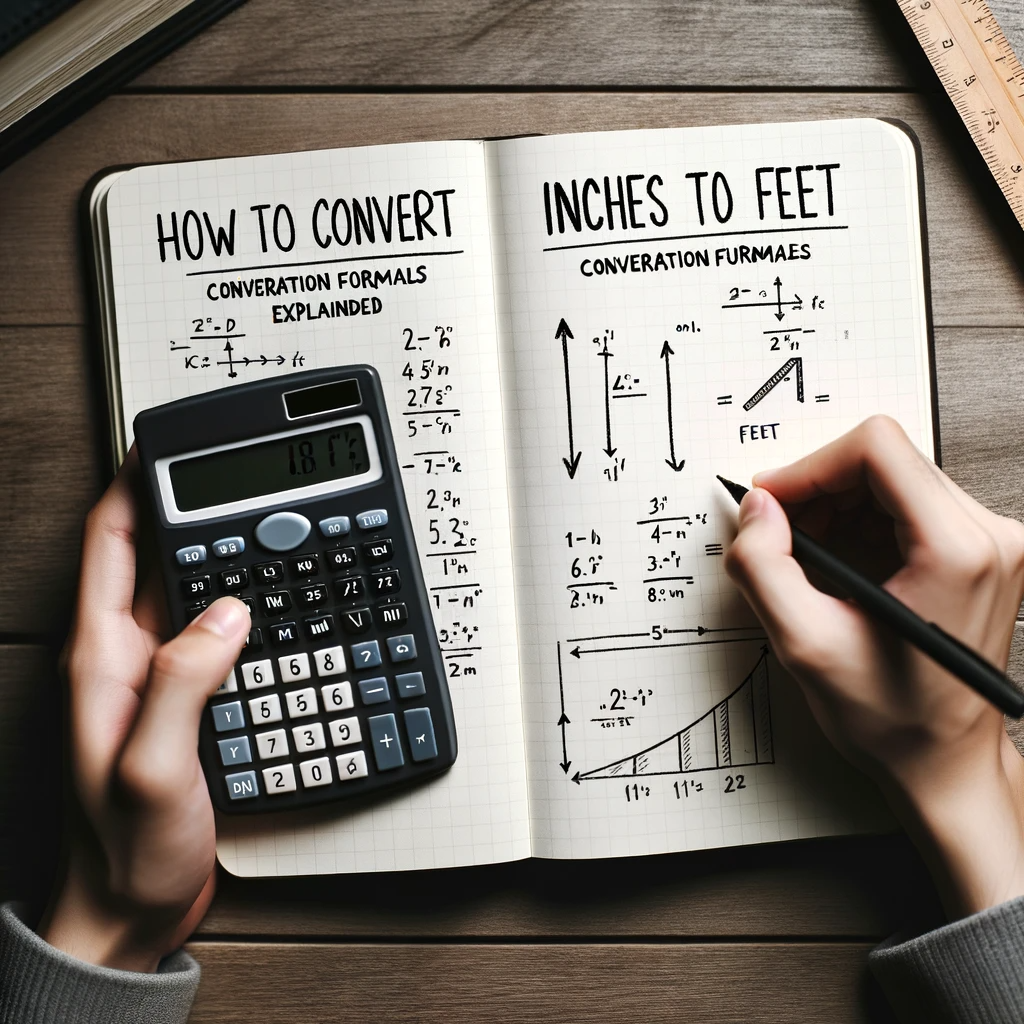How to Convert Inches to Feet: Conversion Formulas Explained!
Overview:
This guide provides formulas for seamlessly converting measurements such as inches, feet, centimeters, and meters, essential for developers and mathematicians interacting with international audiences.
Converting Between Metric and Imperial Measurements
When developing applications for both US and European audiences, it’s common to convert measurements from centimeters/meters to feet and inches. Let’s explore how.
Centimeters/Meters to Inches
For a basic conversion from centimeters to inches, you’d divide the input by 2.54:
Value(inputValue.Text)/2.54
Given that there's 100 cm in a meter, converting meters to inches involves dividing by 0.0254:
Value(inputValue.Text)/0.0254
Inches to Centimeters/Meters
Converting inches to centimeters requires multiplying the input by 2.54:
Value(inputValue.Text) * 2.54
For inches to meters, multiply by 0.0254:
Value(inputValue.Text) * 0.0254
Meters to Feet
When converting meters to feet, multiply by 3.2808:
Value(inputValue.Text) * 3.2808
Feet to Meters
For the inverse, divide feet by 3.2808 to get meters:
Value(inputValue.Text)/3.2808
Converting to "Feet and Inches" Format
It’s often desired to represent height in the format of feet and inches (e.g., 5′ 10″). Here’s how:
With({value:Value(inputValue.Text)}, Int(value/12)&"' " & Mod(value,12) & """" )
To represent centimeters in this format:
With({value:(Value(inputValue.Text)/2.54)}, Int(value/12)&"' " & Mod(value,12) & """" )
"Feet and Inches" to Inches
Given a format like 5′ 10″, we can convert this to inches:
With({ ftValue: Match(First(Split(inputValue.Text,"'")).Result, "[0-9]+" ).FullMatch, inchValue: Match(Last(Split(inputValue.Text,"'")).Result, "[0-9]+" ).FullMatch }, (ftValue * 12) + inchValue )
For meters:
With({ ftValue: Match(First(Split(inputValue.Text,"'")).Result, "[0-9]+" ).FullMatch, inchValue: Match(Last(Split(inputValue.Text,"'")).Result, "[0-9]+" ).FullMatch }, 0.0254 * ((ftValue * 12) + inchValue) )
Reference: With function in Power Apps
Conclusion:
Accurate conversions between metric and imperial units are essential in various fields. By leveraging the formulas provided, you can ensure precision. For any further assistance or technical insights, feel free to reach out.
In summary, conversions between metric and imperial units are common tasks in numerous fields. By understanding and using the formulas provided, you can ensure accurate and efficient conversions.






